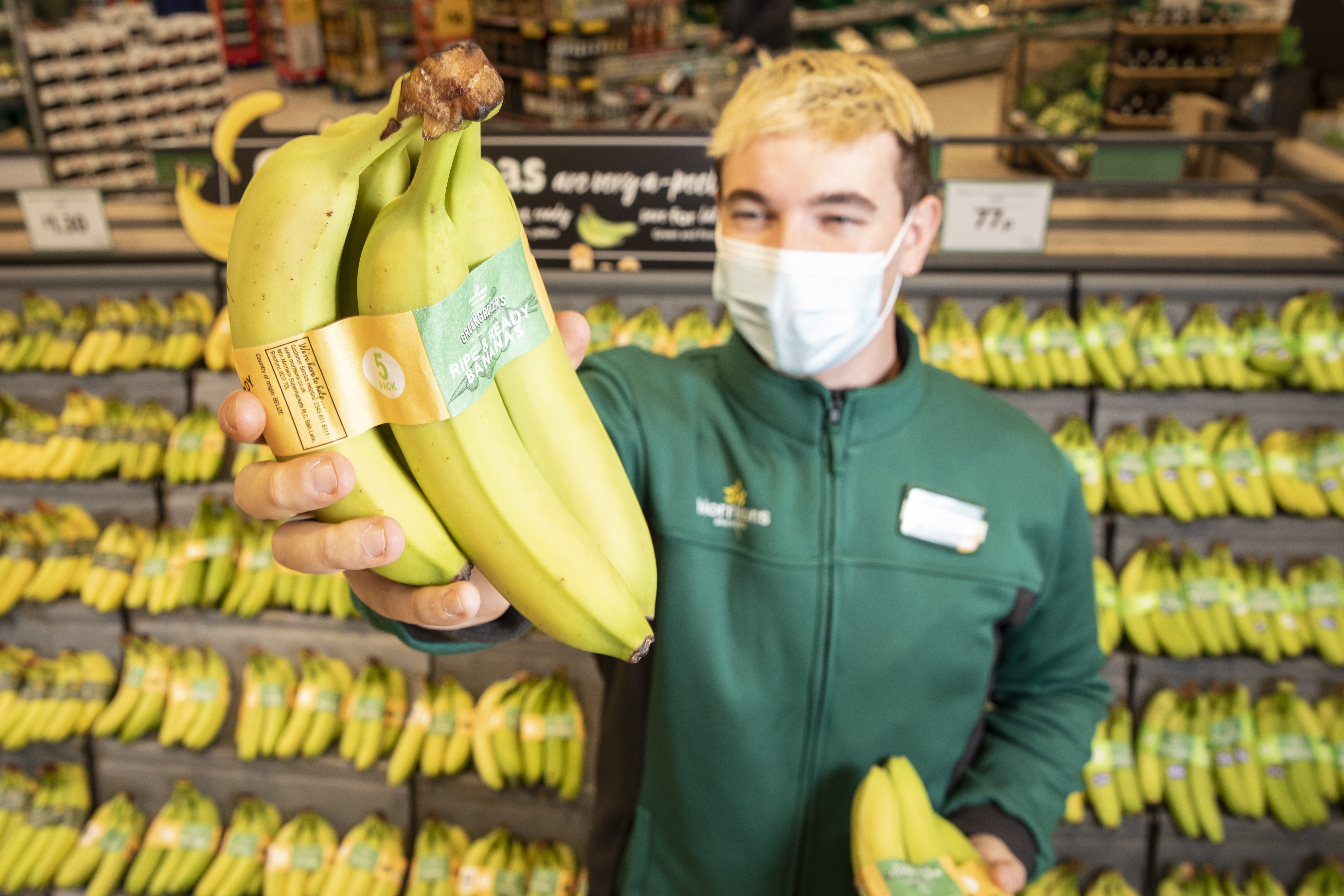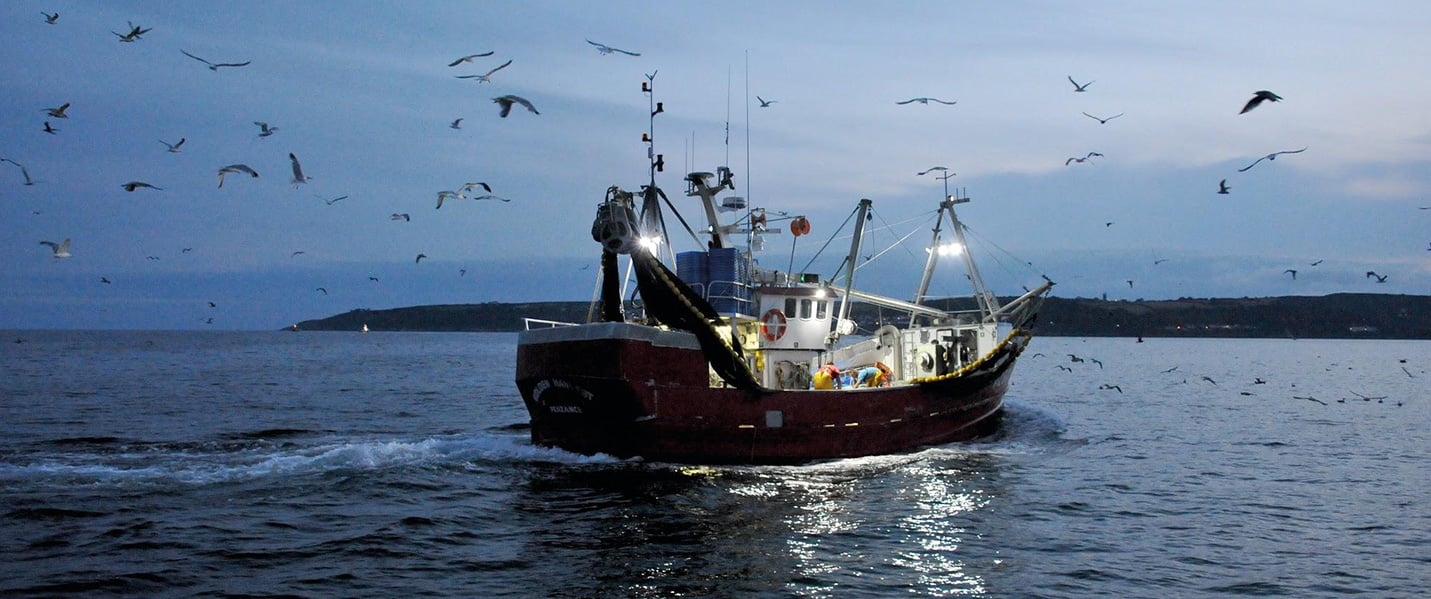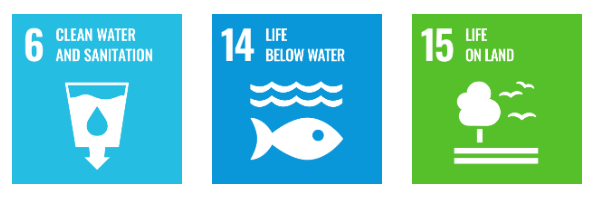
Like our customers, we care where our food comes from.
We’re working hard to ensure that production of our products is not hindering a sustainable future. Central to our commitment of sustainable sourcing is our Sustain goals, which encompasses deforestation and land conversion, seafood, nature, and animal welfare.
Our Sustain Goals
- Zero deforestation and land conversion by 2025, with 100% certified sustainable supply chains in key commodities; palm oil, soya, and timber-derived products
- 100% of fish and seafood will come from third-party verified responsible sources where viable
- Working with British farmers we know and trust, we will deliver the 5 Domains for animal welfare
- Our Sustain program supports the regeneration and protection of nature
- Everyone who helps make our products is treated with dignity and respect, in safe and fair workplaces
Zero Deforestation or Land Conversion
By 2025, we are aiming for all key risk commodities, including soy and palm oil, to be certified zero deforestation and conversion of land that has high conservation value.
All the palm oil in our own-brand products is already Roundtable on Sustainable Palm Oil (RSPO) certified. To ensure we only use sustainable soya in our supply chains, by 2025 we aim for any soya used in animal feeds to be certified to a Morrisons-recognised standard that assures zero deforestation or land conversion. And as members of the UK Roundtable on Sustainable Soya, we're also committed to public reporting on this issue.
When we sell wood and wood-derived products, they must either be Forest Stewardship Council (FSC) certified or from an approved alternative source if FSC products are not available in the volumes we need.
In 2020 we introduced a new policy which asks that by 2025, none of our corned beef products are sourced from deforestation or land conversion high risk areas.
Fabrics
We source commodities responsibly and in a way that protects the environment and respects the rights of workers. In 2021, 93% of the cotton used in our Nutmeg clothing line was sourced as Better Cotton, a global initiative that promotes better standards in cotton farming practices. By 2025, 100% of our cotton will be sourced in alignment with the Better Cotton Initiative. Find out more on Nutmeg sustainability here.
Water
Access to fresh water is under stress from climate change. In response, we’re developing a water stewardship and reduction plan for our stores, sites and our own-brand supply chains in areas of water scarcity. We are also committed to protecting Water quality, both in our own operations and in the products we sell. Find out more about what were doing to reduce our impact of water use and quality here.
Biodiversity
We’re facing a biodiversity crisis with wildlife, soils and forests under threat. We recognise biodiversity is vital to functioning ecosystems and this underpins a healthy food system. We’re taking a range of actions in our supply chain to support positive change, including helping farmers to transition to more regenerative principles of farming and working towards having zero deforestation in key risk commodities by 2025. Visit our biodiversity page to learn more.
Responsible Seafood
We aim to source fish and seafood responsibly from a wide range of sustainable fisheries. Our own seafood processing operations, which include sites in Grimsby and Cornwall, supply 80% of the fish and shellfish that we sell. As well as benefitting local economies, selling a broader range of locally sourced species takes pressure off global fish stocks and reduces transport miles.
We support groups that are advocating for sustainable marine supply chains, including the Global Tuna Alliance and the North Atlantic Pelagic Advocacy Group. All tuna used in our own-brand products must be caught by pole and line or from sources that do not use fish aggregation devices, which can lead to higher levels of ‘bycatch’ (when other species are caught unintentionally). Our Ocean Disclosure Project data lists all of the fish used as ingredients in our food.
Morrisons uses third-party certification to ensure our fisheries are credible and sustainable, with 99% of farmed seafood certified to global sustainable seafood initiative standards.

Our Contribution
